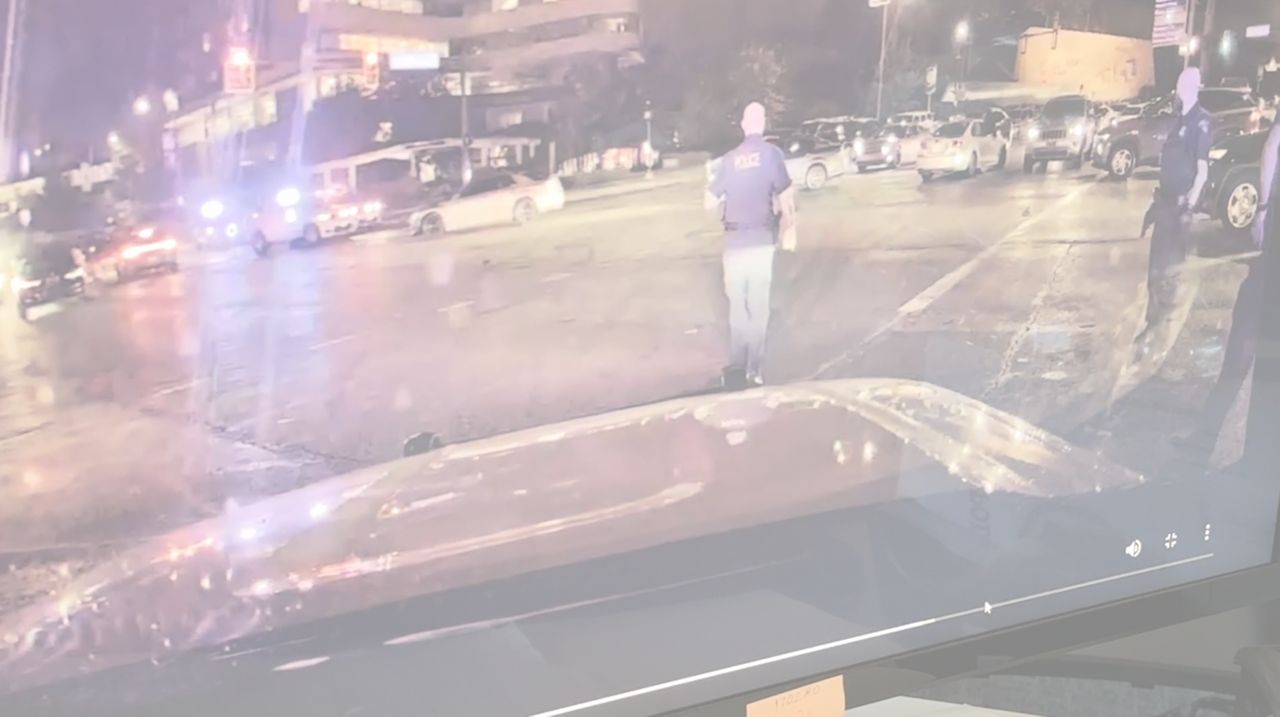The new state law that increases the penalties for fleeing from law enforcement and makes makes stunt driving and street takeovers a first degree misdemeanor is now in effect.
Street takeovers have been an issue in cities across the state recently, as groups of people block intersections performing stunts.
In Cleveland, several arrests have been made in connection with these street takeovers after the city council recently held a hearing with the police department's chief, Dorothy Todd, on the handling of the situations.
House Bill 56's primary sponsors were Phil Plummer, R-District 39, and Andrea White, R-District 36. It was signed by the governor on July 24 with an effective date of Oct. 24.
Besides providing official definitions for terms like burnout, doughnut, drifting and wheelie, the law defines a street takeover as “blocking or impeding the regular flow of vehicle or pedestrian traffic on a public road, street, or highway or on private property that is open to the general public for the purpose of street racing or stunt driving.”
Stunt driving is defined as “performing or engaging in burnouts, doughnuts, drifting, or wheelies, or allowing a passenger to ride either partially or fully outside of the vehicle while operating that vehicle.”
The law states that no one can engage in street takeovers, stunt driving or street racing on public roads or highways or on private property that is open to the public. These crimes are considered first degree misdemeanors.
It also states that the guilty party will also have their license suspended for a period anywhere from 30 days to three years.
The law states those that assist in these crimes—in any way—will be charged as equals.
“This section does not apply to the competitive operation of vehicles on public or private property when the political subdivision with jurisdiction of the location or owner of the property knowingly permits such operation thereon,” the Revised Code reads.
The law also increases the severity of fleeing from a police officer. It is now considered a fourth-degree felony, or a third-degree felony if “fleeing immediately after the commission of a felony.”
Spectrum News 1 reporter Wiley Jawhary contributed to this report.



